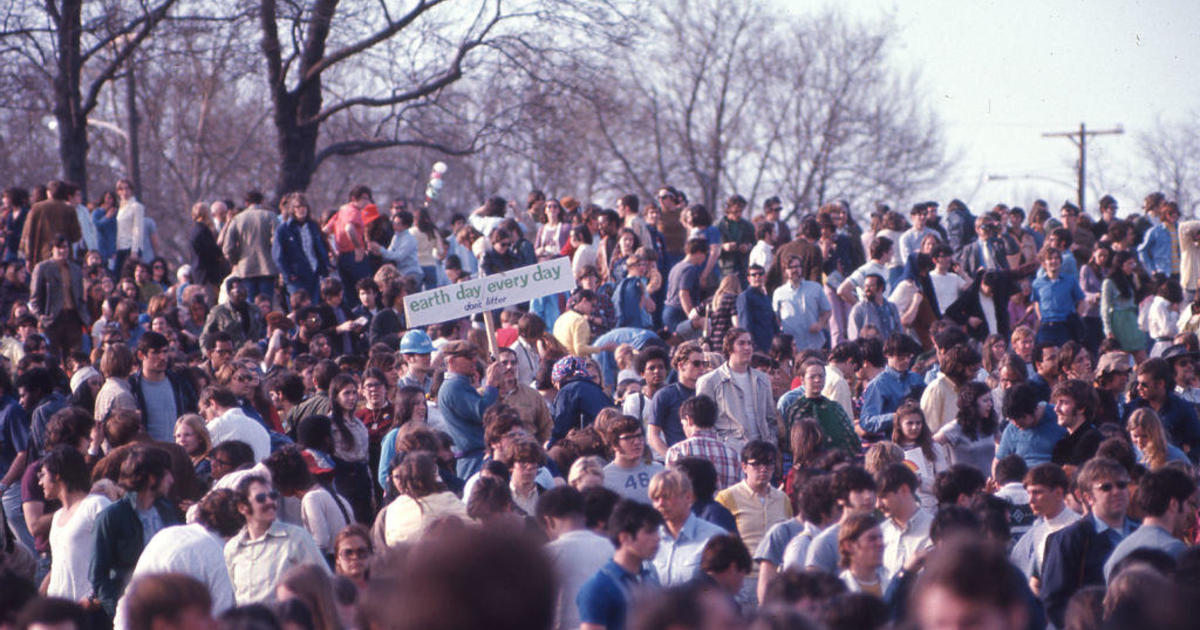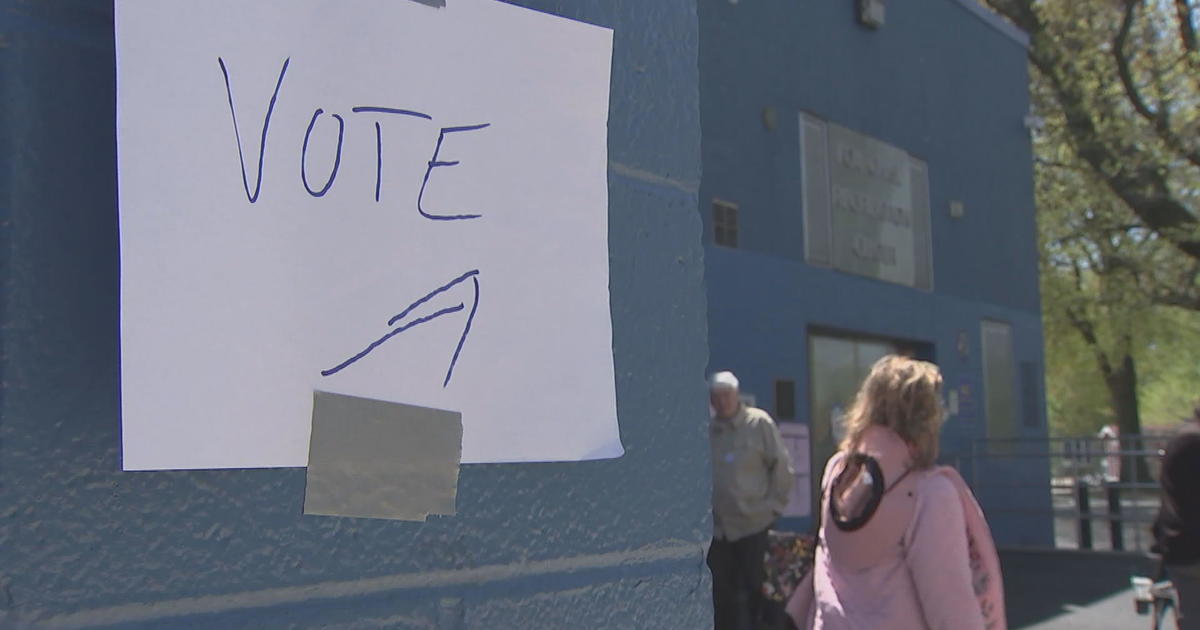Marketing Expert: 99-Cent Endings Create The Illusion Of Cheapness
PHILADELPHIA (CBS) - Except at the dollar store, prices on all sorts of things end with 99-cents. It's a venerable marketing technique that an expert says probably shouldn't extend to everything.
Nine-endings go back 130 years, says Rutgers-Camden Marketing Professor and pricing expert Robert Schindler. The prevailing theory is that since we read left to right, the first price number we encounter makes a bigger impression than the rest, so $19.99 sounds way cheaper than $20.
Schindler says research into 9-endings proves they create an impression of cheapness that's greater than the actual price difference, "We give them two prices like $25 and $20 and ask them to rate how big a difference it is and then we give $24.99 as opposed to $19.99. $24.99 and $19.99 seem to be a bigger difference than $25 and $20 even though they are both only $5 difference."
But price is not always king, "If you're really concerned about the integrity and the honesty and the reputation of the seller, where there's risk involved, where you're really going to trust somebody like your dentist, for example. Do want to really get a filling for $59.99? Let him say $60. It sounds a little better; he's not trying to put something over on you."
Professor Schindler says prices in some Asian countries end in 8's because 8 is considered lucky.
Reported by John Ostapkovich, KYW Newsradio 1060



